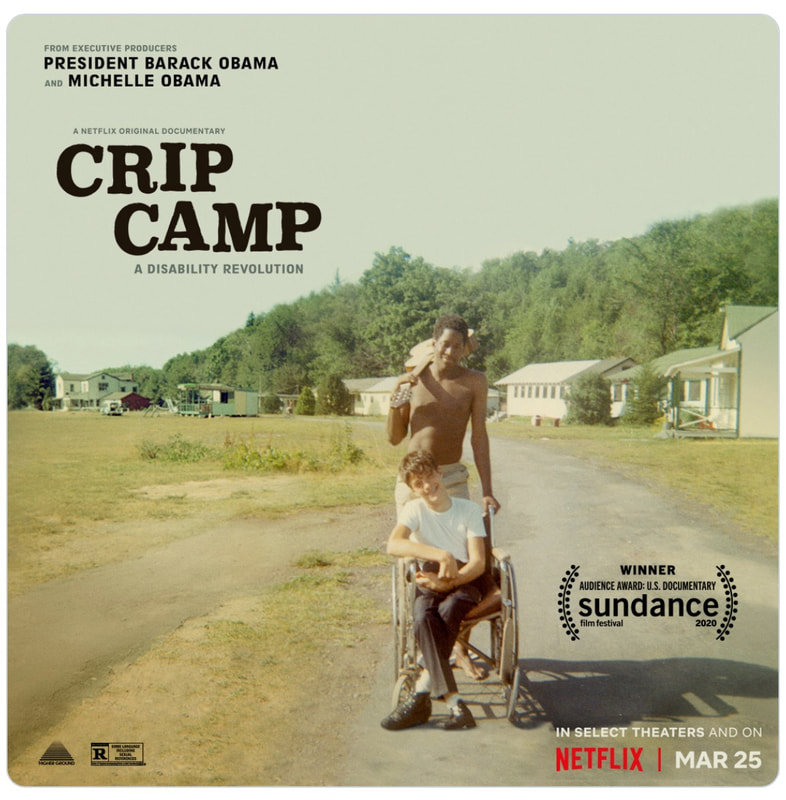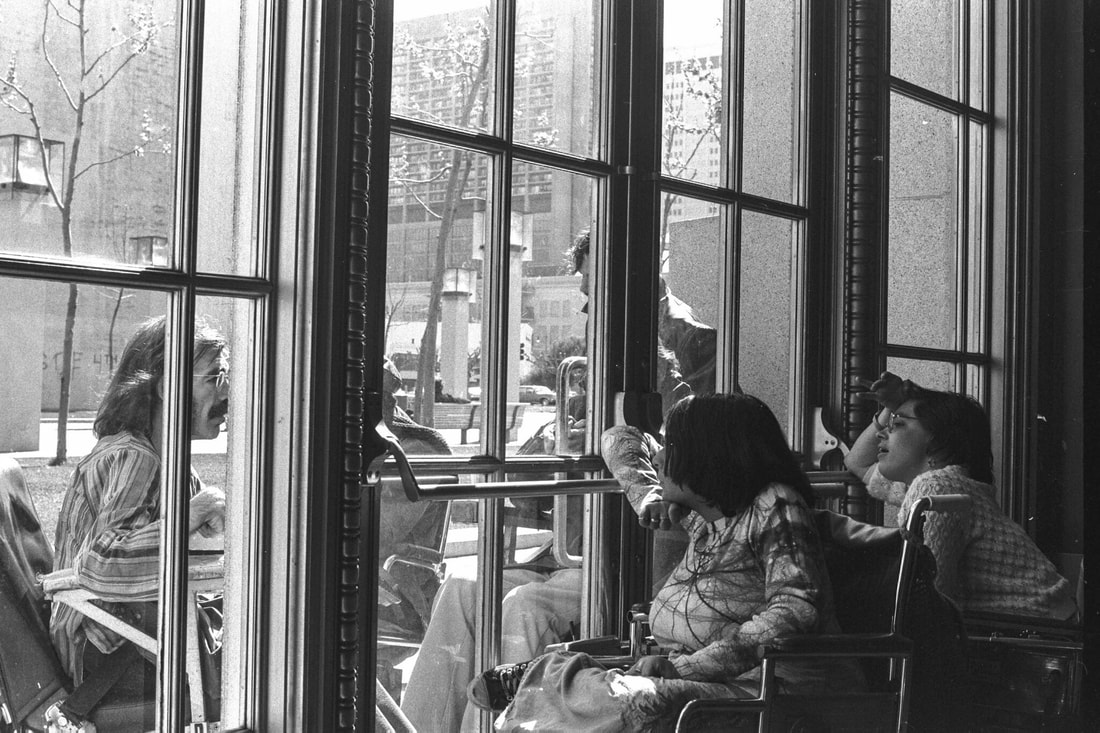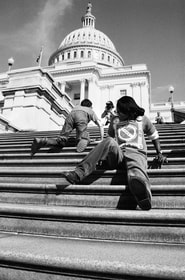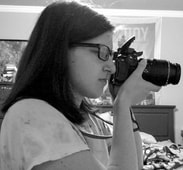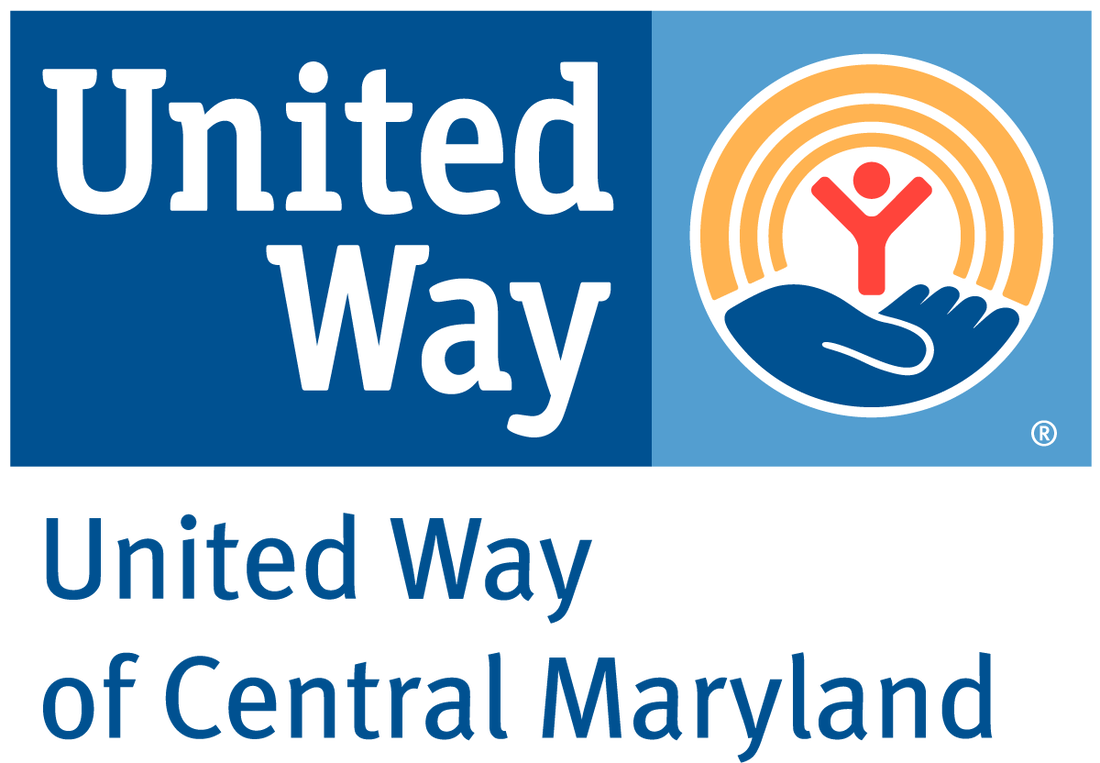“Nothing about us, without us.” "The 30 anniversary of the signing of the American with Disabilities Act was a few days ago, July 26th, 2020. The ADA was signed July 26, 1990. The ADA put simply is a federal law that prohibits discrimination based on disability. The ADA includes those with physical and mental disabilities. It requires reasonable accommodations be provided to those employees with disabilities as well as accessibility to public places. The ADA is often referred to as “ The Emancipation of the Disabled.” Crip Camp is a documentary film about Camp Jened, a camp where non disabled and disabled people came together in a care free environment. The film shows the perspectives of people with lived disabled experiences. “Crip Camp” also shows disability history in the way our disability ancestors fought for disability rights like they did for civil rights. Many people with and without disabilities are unaware of disability history. People with disabilities are often discriminated against, unable to access public places, and isolated from others. This happened both in history and now. "Ugly Laws" and State Institutions Many cities passed "ugly laws" which made it illegal for any person diseased, mutilated , or disfigured were not allowed to show themselves in the public view. Many people with disabilities were institutionalized because their family was embarrassed of them and/or couldn't take care of them. These institutions were state run, had large barbed wire fences, and were forgotten about in society. Passage of the Civil Rights Act The passage of the civil rights act laid the groundwork for disability rights legislation. Center for Independence Living The first Center for Independent Living is formed in Berkley, California in 1972. It is the first center to be recognized for independent living. Passage of the Rehabilitation Act In 1973, the Rehabilitation Act of 1973 was passed. The law states, “No otherwise qualified handicapped individual in the United States, shall solely by reason of his handicap, be subject to discrimination under any program or activity receiving federal financial assistance.” This law was intended to prohibit discrimination in federally funded programs and services. Passage of Education for All Handicapped Act In 1975, the passage of the Education for All Handicapped Act permitted disabled children to be integrated into the public school environment. This act was later renamed into Individuals with Disabilities Act or IDEA. In the same year, the supreme court ruled that people could not be held against their will, or placed in a psychiatric hospital institution, unless they are proven to be a threat to themselves or to others. In the court case named O’Connor v. Donaldson. Section 504 Sit-ins In 1977, protesters and disability activists in ten cities demonstrations and occupants of the federal department of Health Education and Welfare or HEW to force the Carter Administration to issue regulations to implement Section 504 of the Rehabilitation Act of 1973. The longest demonstration was held in San Francisco, California it lasted a month long. On April 28, 1977, HEW secretary Joseph Califano signed the regulation. Passage of the Civil Rights of Institutionalized Persons Act In 1980, congress passes the civil rights of Institutionalized Persons Act which allows the justice department to file suit if a person institutionalized rights were violated. Crip Crawl The Capitol Crawl or Crip Crawl was a protest of more than 1,000 disabled people who crawled up the Capitol steps. Jennifer Keelan, an eight year old with cerebral palsy said " I'll take all night if I have to." The Capital Crawl gained much attention and political pressure. This lead Congress passed the ADA within four months and George H.W. Bush signed the ADA into law July 26, 1990. Why is it important to know disability history? I think it's important to raise awareness around these events in history because not many people with or without disabilities have knowledge of what happened. Also, if we as people with disabilities don't understand our history we are bound to repeat it. Now and Moving Forward
Sources: https://sailhelps.org/a-brief-timeline-of-the-history-of-disabilities-the-shameful-treatment-of-people-with-disabilities/ https://harkininstitute.drake.edu/resources/ https://www.nytimes.com/2020/03/24/movies/crip-camp-review.html https://www.disabilityrightspa.org/newsroom/advocacy-matters-convention-on-the-rights-of-persons-with-disabilities/#:~:text=The%20disability%20advocacy%20community%20refers%20to%20the%20international,are%20non-discrimination%2C%20inclusion%20in%20society%2C%20equality%2C%20and%20access. https://ncd.gov/policy/crpd This blog is also posted on Photography through Autism Blog.
0 Comments
On July 25, 2020, Barrier-Free joined forces with Blue Apple Theatre to share a co-presented "hands across the ocean" workshop. Blue Apple Theatre is a non-profit company in the UK that "produces high-quality theatre, dance and film to challenge prejudice and transform the lives of people with a learning disability."
Similar to Barrier-Free, Blue Apple's programming has been greatly impacted by the COVID-19 health crisis in our world. These shutdowns didn't stop Blue Apple Theatre's artistic director, Richard Conlon, from getting creative and seeking new opportunities for his actors. Richard began contacting inclusive theater companies from around the world, and in his research he found Barrier-Free! Richard, Britt, and Lauren began communicating via email and set-up a Zoom meeting to lay the groundwork for co-presented theatre workshop. The video shows the full 75-minute workshop, but if you're short on time, check the video description for time-stamps to different chapters of the workshop for your convenience. Once the date was set, we needed actors to share in this incredible opportunity. Christopher Anderson, Michael Eaton, Nicole Hurley, Jenny Laatsch, Jared Parrish, and Jen Shillingburg jumped onboard. These Barrier-Free stars committed to two workshop rehearsals, prepared costumes, practiced lines, and more! On the big day, we spent a fantastic 75 minutes with Blue Apple Theatre, learning about their company, sharing in some of their favorite warm-ups, and hearing speeches and scenes that ranged from Shakespeare to Charles Dickens. Barrier-Free had the opportunity to share our story, inclusive theater process, warm-ups, actor insights, and a modified scene from Cosmic Crime! We are thankful to Blue Apple Theatre's talented actors for sharing a creative space with us. Using virtual tools, we were able to break down distance barriers and accomplish what may have felt "impossible" just a few months ago. We now have friends and inclusive theater connections across the ocean! |
About our BlogThe Barrier-Free blog exists as a space to share Barrier-Free news, helpful information, and a creative sharing space. Archives
March 2024
Categories
All
|
|
Copyright © Barrier-Free 501(c)(3) All rights reserved.
|
|

